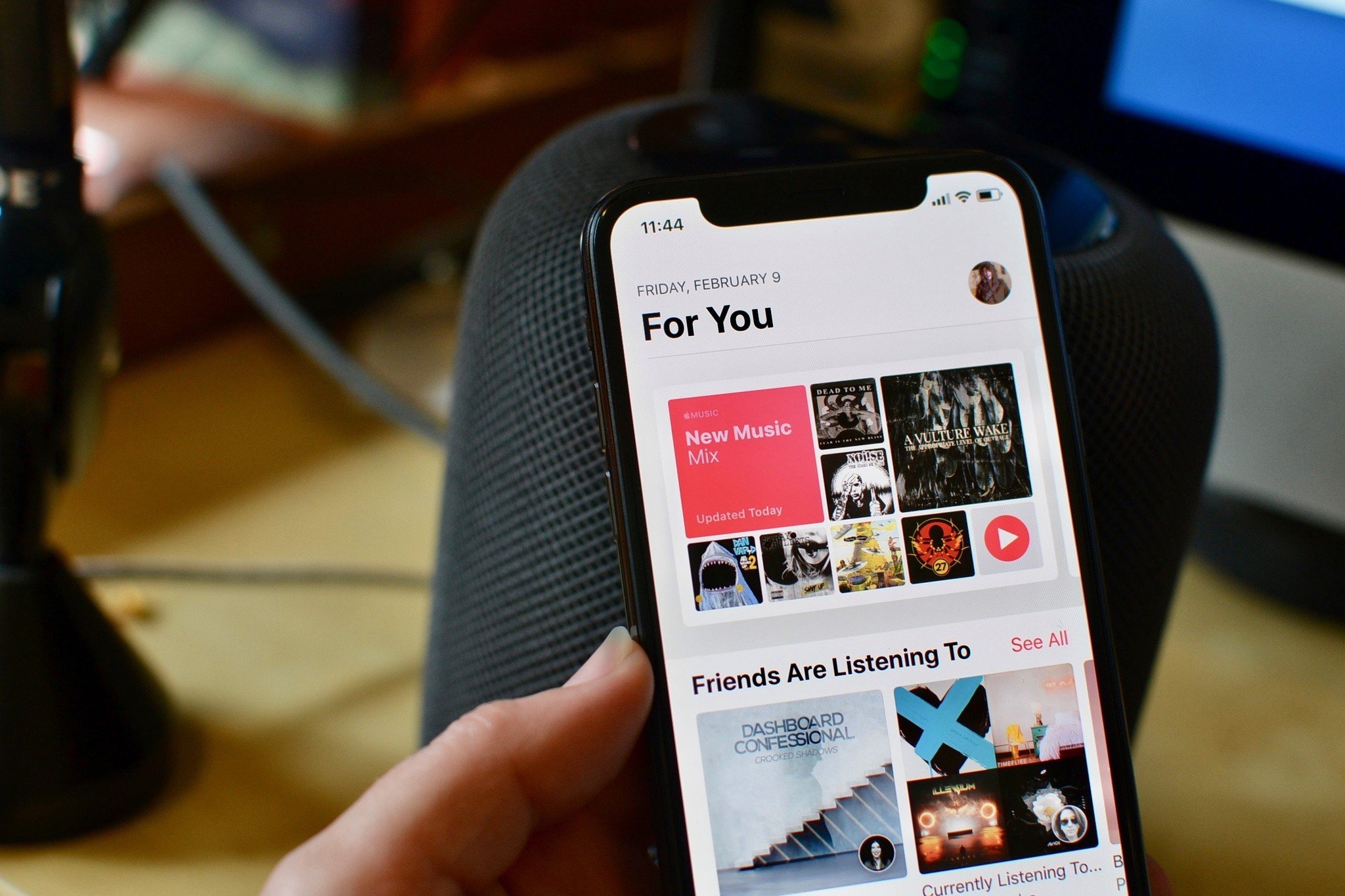HomePod's success represents Apple's interest in the audio market

iMore offers spot-on advice and guidance from our team of experts, with decades of Apple device experience to lean on. Learn more with iMore!
You are now subscribed
Your newsletter sign-up was successful
According to a piece by industry analyst Ben Arnold for the NPD Group Blog, the early demand for Apple's flagship smart speaker — called HomePod — signifies that Apple is serious about getting its foot in the door of the audio industry. With HomeKit, Siri, and Apple Music integration as well as its emphasis audio fidelity, Arnold suggests that HomePod will not only compete with other smart speakers, but with the wide array of products offered by audio giants such as Bose and Sony as well.
Arnold touches on the immediate popularity of the HomePod pre-release, emphasizing how it compared to the first day pre-orders of other smart speakers:
... in the U.S., day one pre-orders of HomePod were higher than all other smart speaker first day pre-orders, except Amazon's Echo Dot, according to NPD's Checkout service.
He goes on to note that HomePod isn't just a smart speaker alone — Apple is marketing it as a high-powered audio accessory, specifically designed to make music sound its best. He also brings the success of AirPods and Beats headphones superior listening experiences into the mix, citing 2017 sales:
Apple has made it a point to emphasize the audio fidelity of HomePod, in addition to its smart capabilities; and while the device will surely compete with other premium voice-activated speakers, like Sonos' One, and Google Home Max, it will also jostle for share with audio heritage brands like Bose, Harman Kardon, and Sony. Apple's success in audio was on display throughout much of 2017 as AirPods became the top-selling headphone product by year's end (based on dollars and units). Further, if taken together, Beats and Apple were the top-selling headphone brand of 2017, accounting for 44 percent of all dollar sales (not just wireless).
Finally, he discusses the recent rapid growth of the audio industry, framing it as a prime market for a consumer tech colossus like Apple to tap into:
The audio market continues to deliver industry growth as well – another reason for Apple's interest. According to NPD's forthcoming Future of Tech report, sales of Bluetooth headphones and wireless speakers are each expected to see double-digit growth by the end of 2018. And as more brands add music services and voice app marketplaces, audio hardware will become a way to strengthen those ecosystem ties. Smart speaker users are encouraged to use the music service that ties in most closely with their device. Proprietary components in hardware (like Apple's W1 chip or the real-time translation feature in Google's Pixel Buds available only through the Pixel 2 and Pixel 2XL smartphones) offer unique benefits and can further incentivize users to invest in branded devices.
Though no one can confirm for certain what Apple's next step into the audio industry will be, it seems the company is more than ready to tackle (and likely surpass) expectations, at least from a sales point of view. And with Apple also dipping its toes (or, really, whole proverbial legs at least) into the music and entertainment industries — 36 million individuals subscribe to Apple Music as of this month — Apple + audio seems like a match made in heaven.
For more information, check out Arnold's full piece at NPD.
Thoughts?
What do you think Apple's next audio-related accessory will be? Speculate wildly in the comments!
iMore offers spot-on advice and guidance from our team of experts, with decades of Apple device experience to lean on. Learn more with iMore!
Tory Foulk is a writer at Mobile Nations. She lives at the intersection of technology and sorcery and enjoys radio, bees, and houses in small towns. When she isn't working on articles, you'll likely find her listening to her favorite podcasts in a carefully curated blanket nest. You can follow her on Twitter at @tsfoulk.

